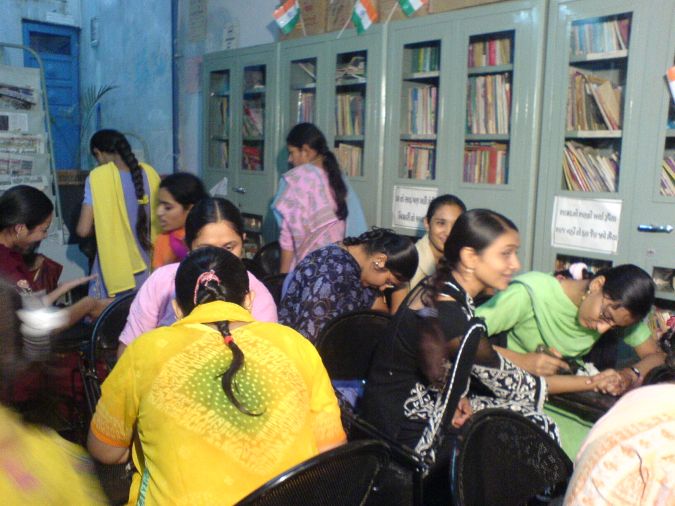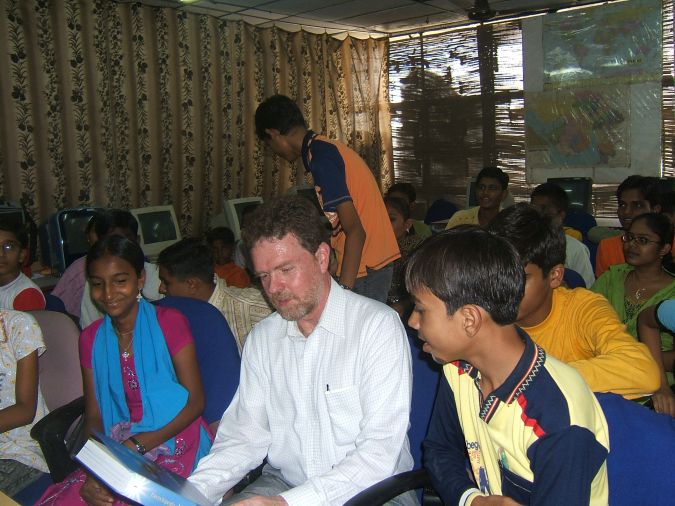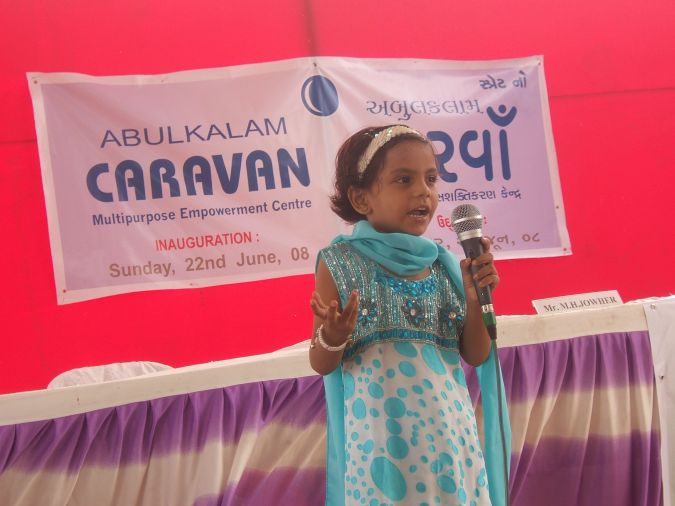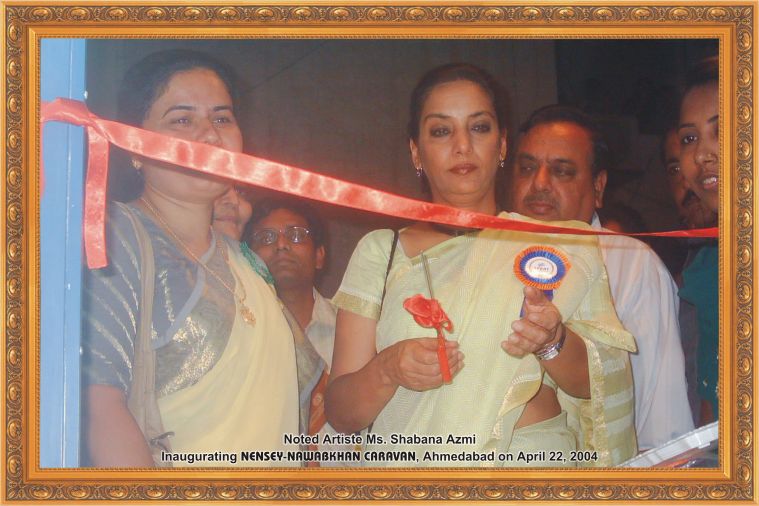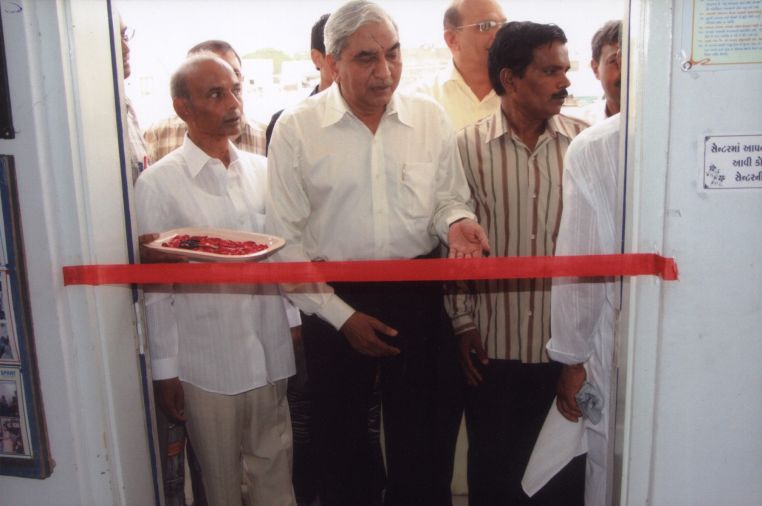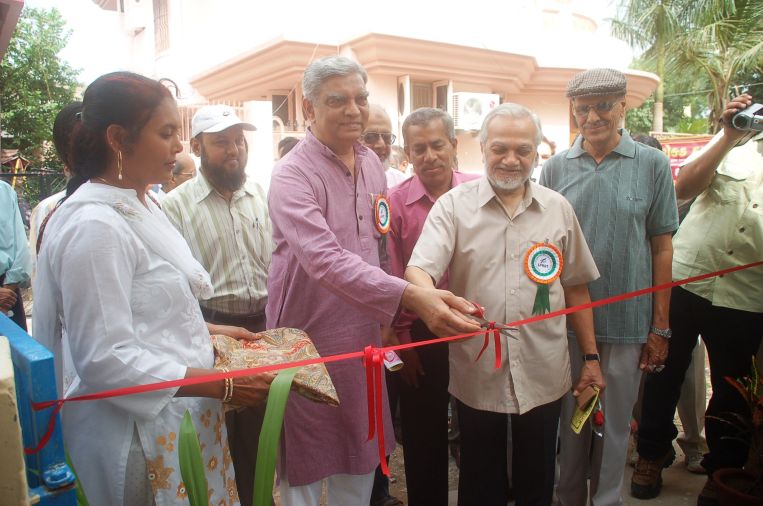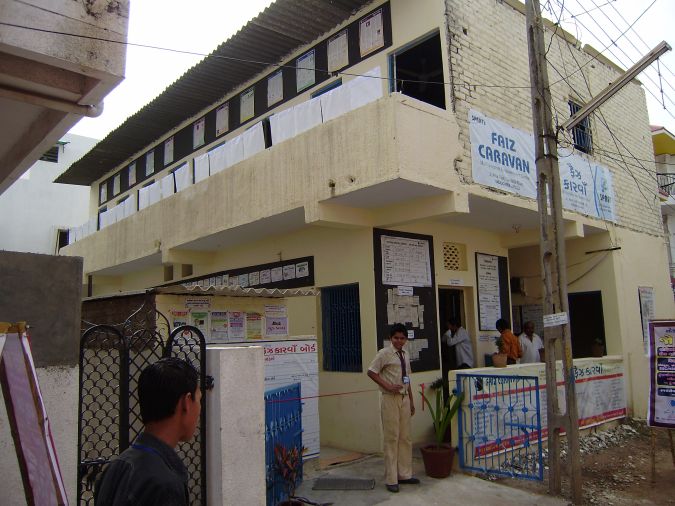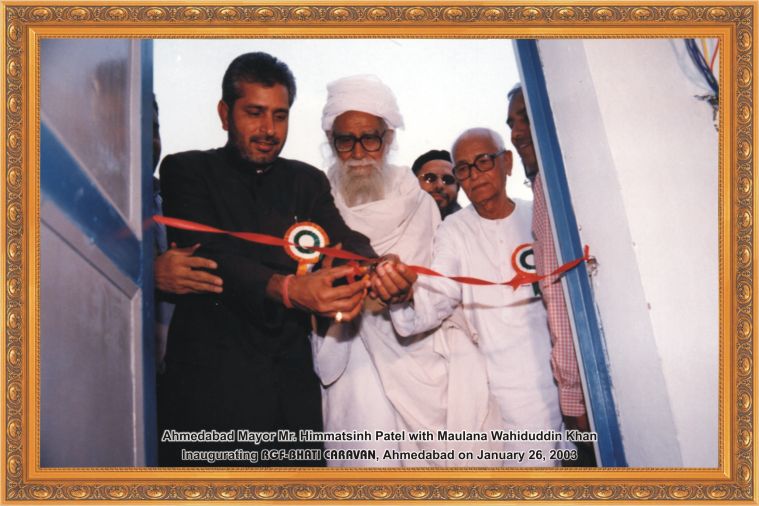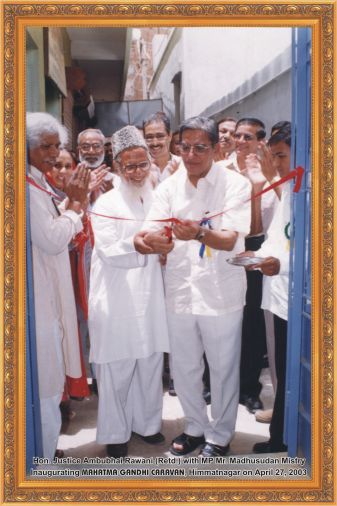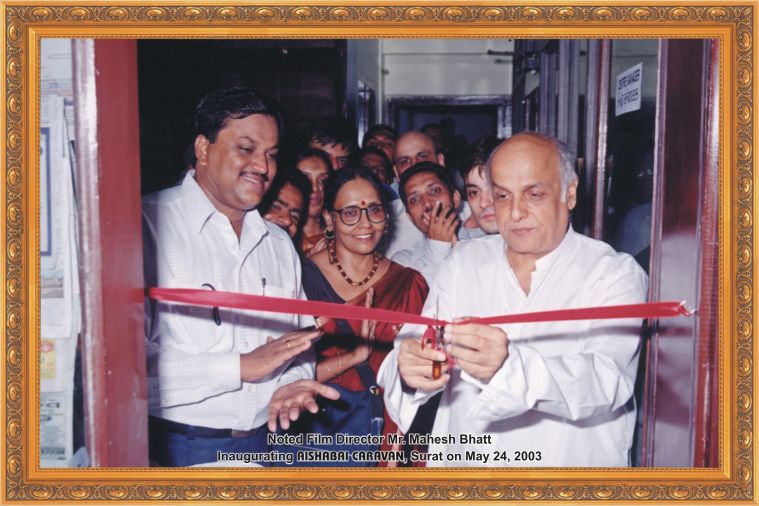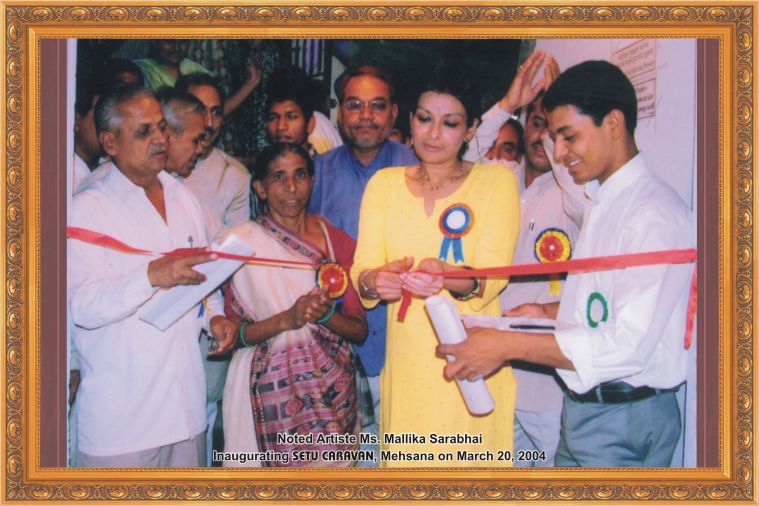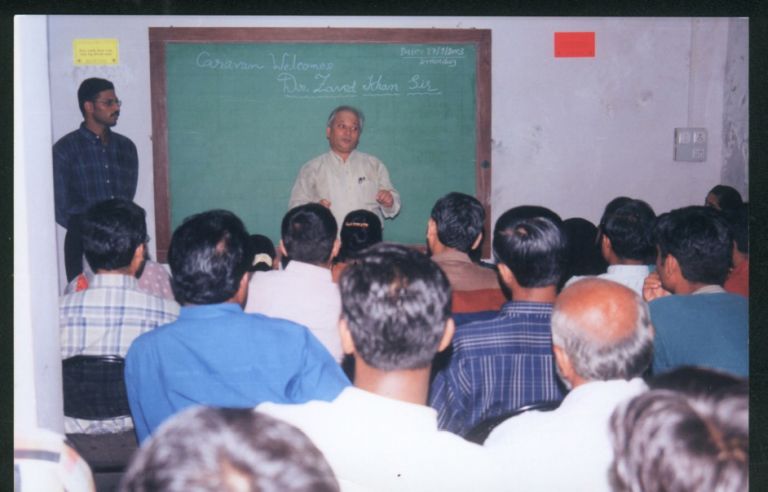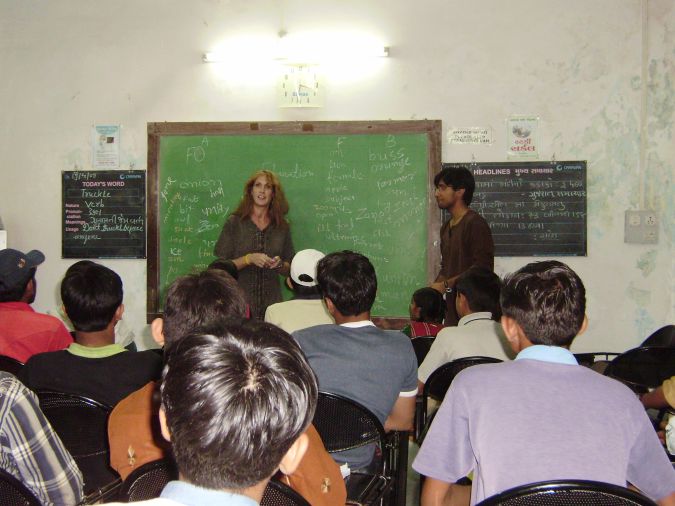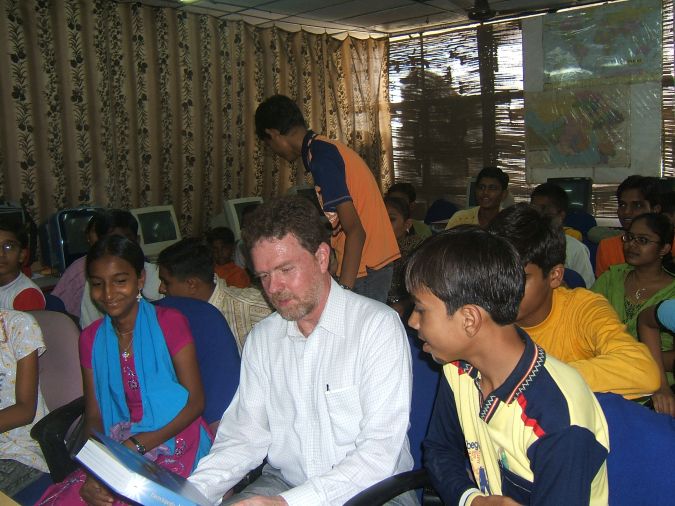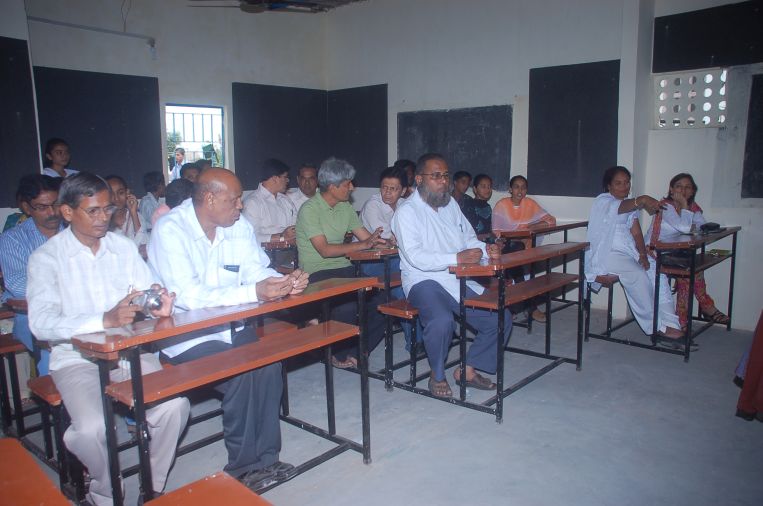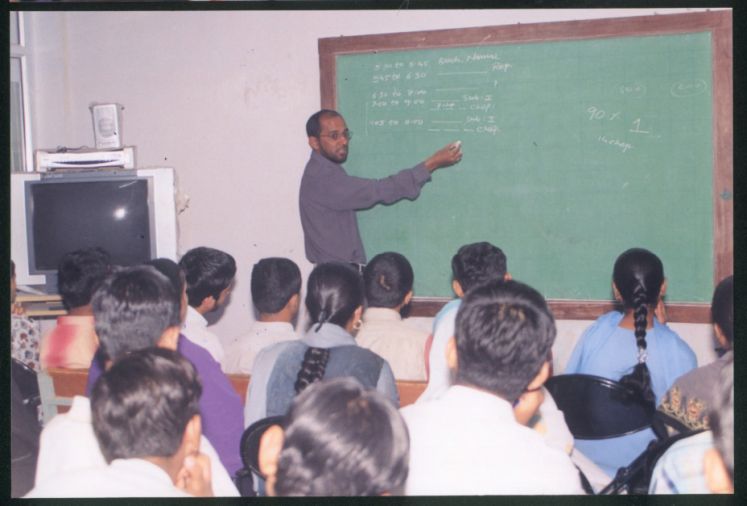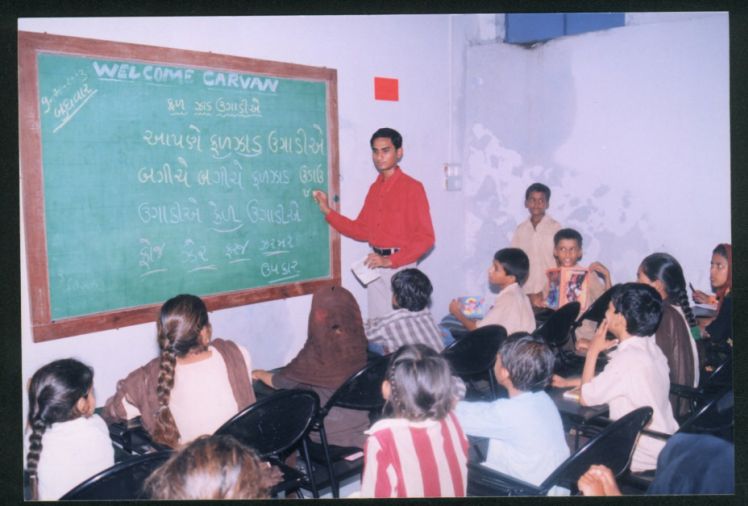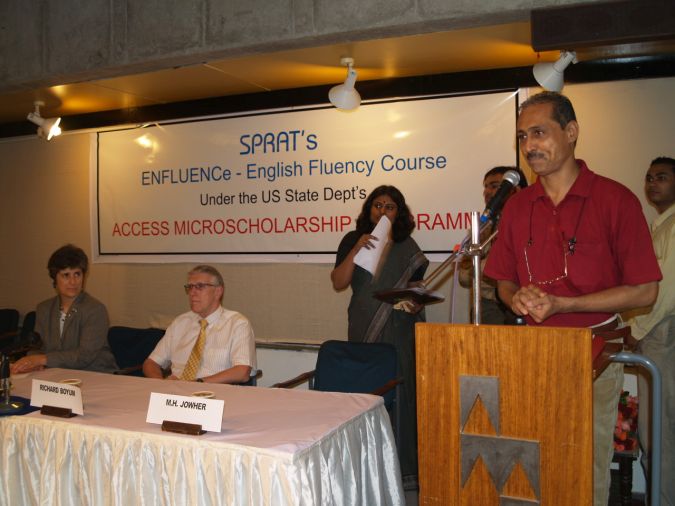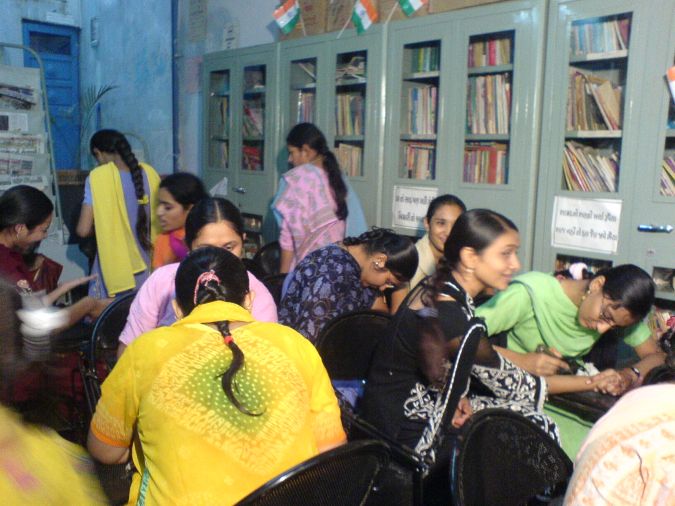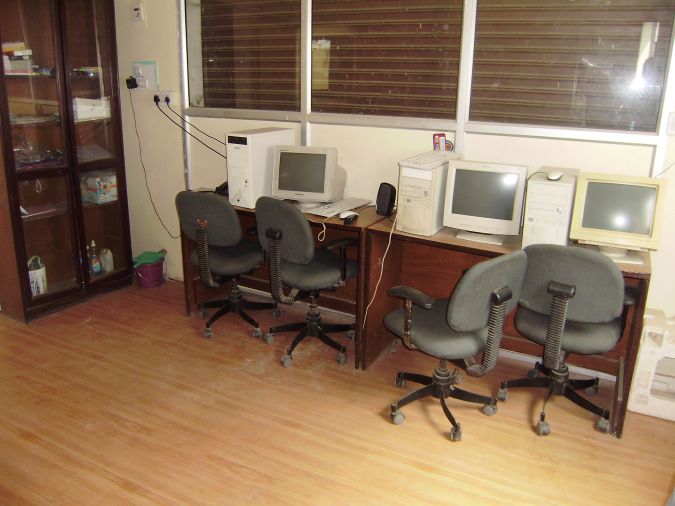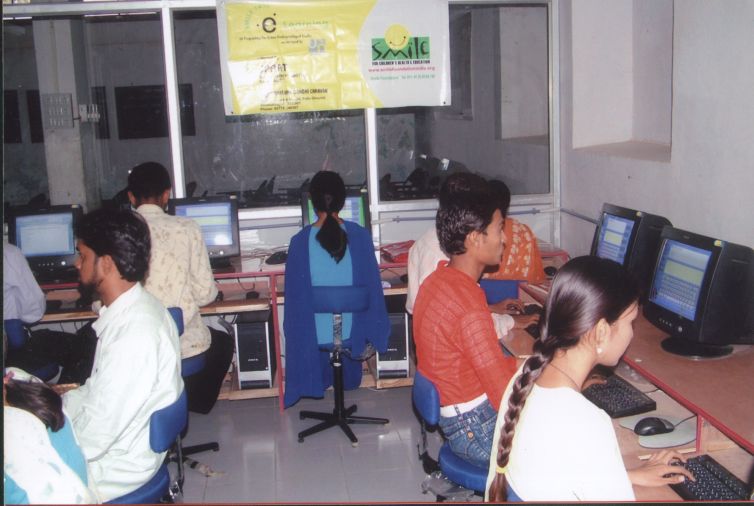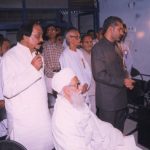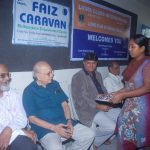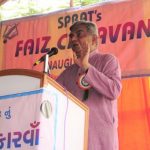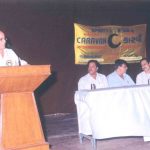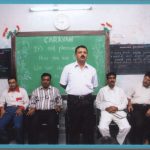The innovative CARAVAN Multipurpose Empowerment Centres, served as hubs for integrated empowerment in six cities of Gujarat. Supported by local communities and prestigious funders, they offered a range of in-house and outreach services in education, science appreciation, livelihood and networking.
Housed in the Tarkik Sadan, this futuristic, residential PG School of Excellence, will sprout rationality, foster intellectual curiosity and unquenchable learning and demand community service. It shall produce brilliant, humane and passionate public administrators, lobbyists and advocacy experts.
This imaginative self-serving community bulletin board facilitates cost-free communication between needy and providers: seeking or offering odd jobs, borrowing and lending house and medical articles, announcing functions and schemes… In short, a low-cost, indigenous version of the modern BBS.
A Low Cost Community Bill Board
- Consider the following scenarios:
- In Vastrapur, Ahmedabad, Dipak Sheth needs a driver, Navarangpura’s Arun Punjabi needs a non-veg cook, Shah Alam’s Ghani Seth requires a physics teacher nearby, Hemlata needs a baby-sitter and a nurse
- Shoeb of Jamalpur wants to buy a second hand mobile, Sulakshna of Vatwa a working, old scooter, Himmatnagar’s Sultan needs used books to set up a free library
- Rajesh needs to rent in an orthopaedic bed for a few months, Hameeda wants to borrow a baby cradle, Lata a walker for her father who fractured his leg
- What is in common in all these cases? Information. Often all that the poor asks for is INFORMATION. Providers and Seekers of these services, or those wanting to sell or buy used articles, may be living two blocks away but they don’t know each other.
- Similarly, an NGO promotes a social service or organizes an eye-check-up camp or a useful finishing skill workshop. They all need to inform the needy. How will they identify and inform them? At what cost? Information cost often exceeds the product price.
- IMPORTANCE: If Information is power, its absence, i.e. ignorance, causes Impoverishment. Empowering the poor, and indeed, integrating a society, to some extent is possible merely by information exchange.
- CARAVANBoards – community bill boards, in vernacular – serve as mini Chambers of Commerce, virtual Employment Exchange, a community announcement board.. all in one: the equivalent of a newspaper’s classified advertisement, or the college’s electronic bulletin board. An English and a Gujarati print are shown below
- INFRASTRUCTURE: Just borrow the rights on the front-opening [bazaar-facing] walls of houses, schools, public offices et al, plaster it, provide a border, paint and that is it. A black-board to write with chalk pieces, with some pre-painted text!
- For the more savvy users: Use a flex sheet and nail it with washers on the corners. Use cheap, water-based sketch pens to write. Copy the design from below freely. Or buy ready-made posters from SPRAT duly customized for you.
- COMMUNITY PARTICIPATION: A volunteer near the wall [a shop-keeper, some student or retired professional…] monitors the CARAVANBoard. Everybody may write his advertisement, NGOs may announce their programmes etc in the provided fashion – all for free. In suitable time, people develop the habit of “watching this space”. Initially to popularize these Boards a good Samaritan may write useful ads from the press.
- COSTING: We estimate that making a cement-plastered board will cost around Rs. 2,000/- per board.



